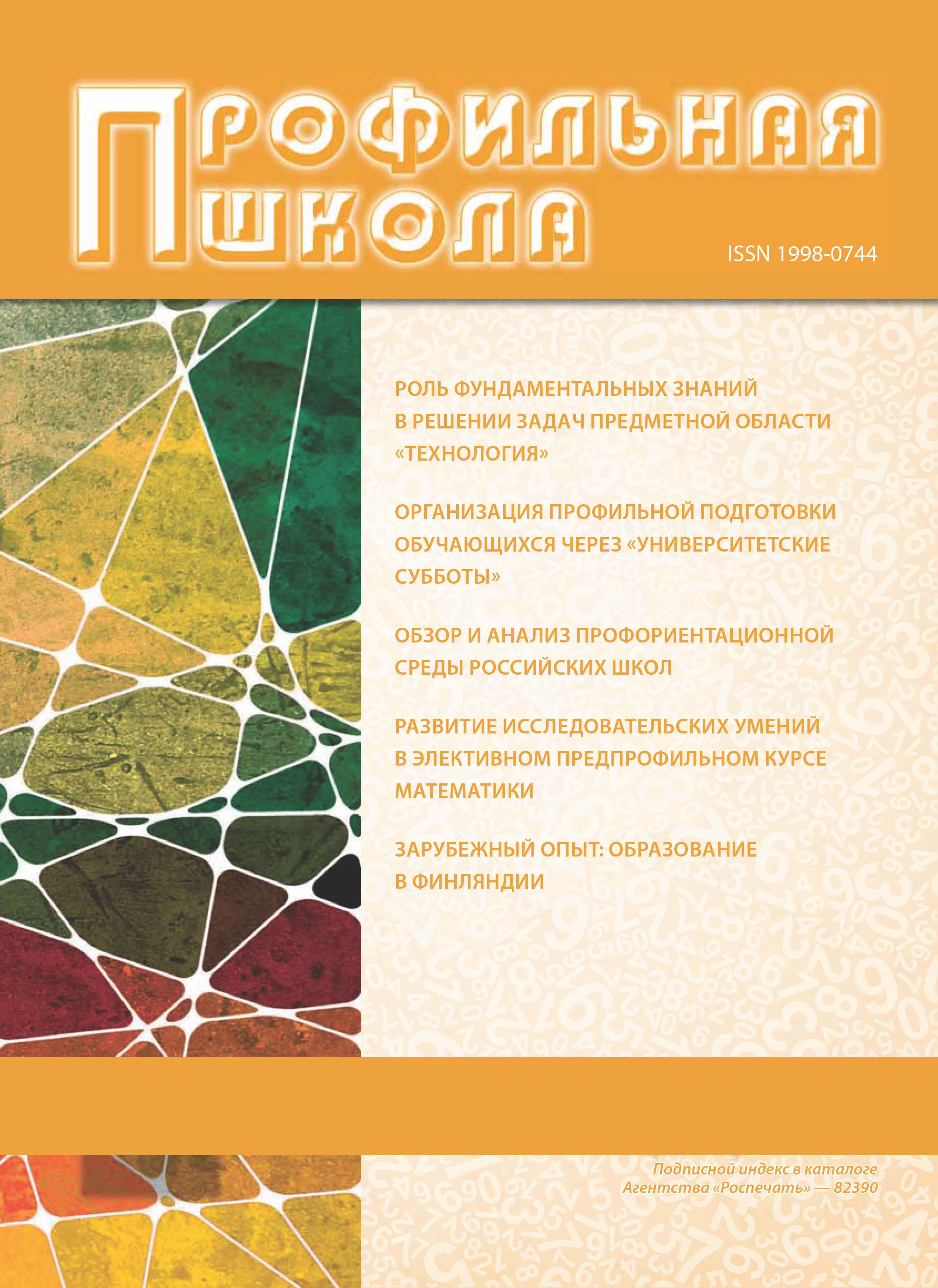Novosibirsk, Novosibirsk, Russian Federation
This article discusses the potential for development of creative personality able to obtain new knowledge and experience gained is now of particular relevance. The activity of an educational institution for the training of specialists in the field of maintenance and repair of motor transport with application of new pedagogical technologies is analyzed, which are based on the interaction of the institution with the employer. The author shares his experience of formation of the educational process. The article highlights the multi-faceted cooperation with the College of enterprises — social partners. The activities of the teaching staff are investigated from the standpoint of effective use of active and interactive methods of dual instruction, defining a mechanism for training educational institution of secondary vocational education for specialists on demand. The significance of the work lies in the possibility of generalizing the experience of the teaching staff in order to use other educational institutions.
formation of professional skills of specialists, creative personality development, joint practical activity, the system of training of students.
Современная концепция развития творческого потенциала личности исходит из признания наличия творческих (креативных) способностей у любого человека. В этой связи, задача создания эффективных технологий развития творческих способностей может рассматриваться как весьма актуальная.
1. Lukov V.A. Tezaurusnaya kontseptsiya sotsializatsii [Thesaurus concept of socialization]. Gumanitarnoe znanie: tendentsii razvitiya v XXI veke [Humanitarian knowledge: trends of development in the XXI century]. Moscow, Nats. in-t biznesa Publ., 2006, pp. 638-649.
2. Romanchenko M.K. Povyshenie pedagogicheskogo masterstva, kak faktor povysheniya kachestva podgotovki spetsialistov [Improvement of pedagogical skill as a factor in improving the quality of training specialists]. Mezhdunarodnyy nauchno-issledovatel’skiy zhurnal [International Scientific and Research Journal]. 2016, I. 09 (51), pp. 88-91. DOI: https://doi.org/10.18454/IRJ.2016.51.030; EDN: https://elibrary.ru/WLVDJN
3. Romanchenko M.K. Sovershenstvovanie programmno-metodicheskogo obespecheniya uchebnogo protsessa v razlichnykh formakh organizatsii uchebnoy deyatel’nosti [Perfection of the programmethodical maintenance of educational process in various forms of the organization of educational activity]. Novaya nauka: teoreticheskiy i prakticheskiy vzglyad [New Science: Theoretical and Practical View]. Izhevsk, 2016, pp. 81-83.
4. Sakharova Yu.V. Chelovek kak sub”ekt dialoga: vozmozhnye podkhody k issledovaniyu problemy [Man as the subject of dialogue: possible approaches to the study of the problem]. Sotsial’no-kul’turnaya konsolidatsiya v usloviyakh modernizatsii sovremennoy Rossii. Materialy Vserossiyskoy nauchno-prakticheskoy konferentsii (2013, Maykop) [Socio-cultural consolidation in the conditions of modernization of modern Russia. Materials of the All-Russian Scientific and Practical Conference (2013, Maikop)]. Rostov on Don: AGU Publ., 2013, pp. 571-575.
5. Sakharova Yu.V. Istoki i predposylki sozdaniya tezaurusnoy modeli kollektivnogo soznaniya [The origins and prerequisites for the creation of a thesaurus model of collective consciousness]. VIII Mezhdunarodnaya nauchno-prakticheskaya konferentsiya «Sotsial’no-gumanitarnye i yuridicheskie nauki: sovremennye trendy v izmenyayushchemsya mire» [VIII International Scientific and Practical Conference “Social and Humanitarian and Legal Sciences: Modern Trends in a Changing World”]. Krasnodar, 2012, pp. 55-59.
6. Titarenko L.G. Sotsiologiya Kh. Ioasa [Sociology of H. Ioas]. Sotsiologicheskie issledovaniya [Sociological research]. 2012, I. 5, pp. 29-38. EDN: https://elibrary.ru/OZEQJB
7. Shreyder Yu.A., Sharov A.A. Sistemy i modeli [Systems and models]. Moscow, Radio i svyaz’ Publ., 1982. 152 p.






